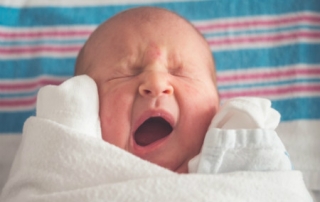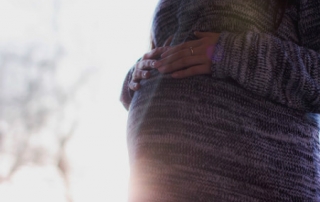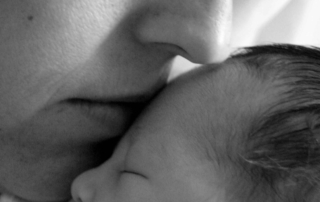Diet and Nutrition May Influence Risk for Depression
There has been a long held belief that diet may influence well-being. The phrase “you are what you eat” suggests that nutrition has an impact on physical as well as mental health. Until recently, however, there have been few studies that provide data to support this idea.










